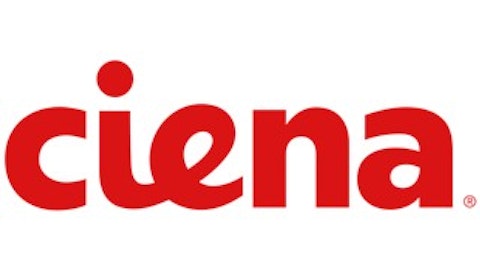
Everyone in the water
Wall Street does most things in grand style. That’s what leads to the excesses that result in bubbles and the unfortunate aftermath when a bubble inevitably bursts. The wave of REIT conversions that has been gaining steam has the potential to quickly reach such excess. That, in turn, could forever tarnish a valuable income producing asset class.
The wave started with paper companies. Potlach, Rayonier Inc. (NYSE:RYN), and Weyerhaeuser Company (NYSE:WY) all converted to lumber REITs at around the same time. The transition made logical sense, since the companies generate revenue from their land holdings. That said, there are important differences to note between owning an apartment and owning timberland.
Rayonier Inc. (NYSE:RYN), for example, has an important business in the cellulose area of the paper market and plans to keep pressing growth in the niche. Cellulose, however, is an end product that has little to do with owning timberland. You only get cellulose from processing timber. Sure, it’s a great business that held up well while the housing market was weak, but it is a far cry from the occupancy, rent concession, and improvement cost issues that traditional REITs deal with.
Avoiding taxes
The benefit of shifting from a paper company to a timber REIT was in the avoidance of corporate level taxes. That’s good for shareholders and the company, but should raise eyebrows at the IRS. Since such conversions seemed to be getting an easy pass, Wall Street started to go into overdrive with REIT conversions.
How much rent should the REIT collect from the gaming company? At what level does it go from a legitimate business separation to a tax avoidance scheme? If the ties between the two entities are too close, there are large opportunities for abuse.
Iron Mountain Incorporated (NYSE:IRM), meanwhile, is trying to convince the IRS that its document storage facilities should be considered property. While that’s on sounder footing than a gaming REIT conversion, Iron Mountain Incorporated (NYSE:IRM) also offers services that are hard to consider property related. For example, “data protection & recovery services and information destruction services,” among others. Services represented 42% of the top line in 2012, that’s more than a side business.
Starting early
Luckily, the IRS is stepping in early to rethink the ease with which companies can turn into REITs. It recently informed data center owner Equinix Inc (NASDAQ:EQIX) that “the IRS has convened an internal working group to study what constitutes ‘real estate’ for purposes of the REIT provisions of the Internal Revenue Code of 1986…” Until that working group has come to a conclusion, REIT conversions are likely to be on hold.
Since there are a number of data center REITs in existence already, some of which started public life as REITs, Equinix Inc (NASDAQ:EQIX) is likely to prevail in its desire to change into a REIT. However, Penn National Gaming, Inc (NASDAQ:PENN) and Iron Mountain Incorporated (NYSE:IRM) will probably face more scrutiny. And rightly so.
Good move
This is a good, early move by the IRS. It will help prevent the damage to investors that similar exploitation of the Canadian Royalty Trust structure caused. Indeed, after the Canadian government thought better of allowing operating companies to change their stripes just to avoid taxes, the entire CanRoy sector sold off heavily and there were massive dividend cuts.
REITs are meant to help small investors gain access to institutional level income producing properties. Investors will be well served by the IRS’ scrutiny and by the avoidance of companies that want to be REITs just to avoid paying Uncle Sam his due.
Reuben Brewer has no position in any stocks mentioned. The Motley Fool recommends Corrections of America. Reuben is a member of The Motley Fool Blog Network — entries represent the personal opinion of the blogger and are not formally edited.
The article IRS Rethinking REIT Conversions Is Good News originally appeared on Fool.com is written by Reuben Brewer.
Copyright © 1995 – 2013 The Motley Fool, LLC. All rights reserved. The Motley Fool has a disclosure policy.


